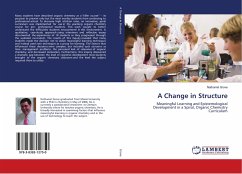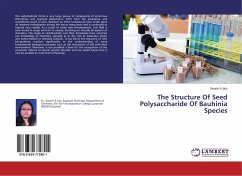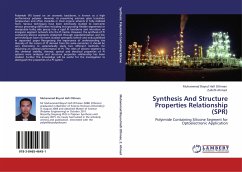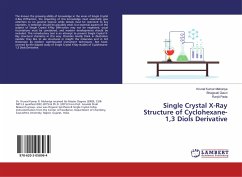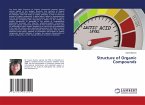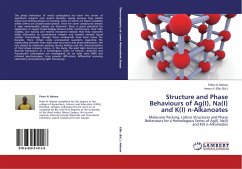Many students have described organic chemistry as a "killer course" - its purpose to prevent only but the most worthy students from continuing to professional school. To decrease high attrition rates, an innovative, spiral curriculum was implemented for use in the yearlong organic chemistry course for pre- professional students. This work sought to better understand the difficulties students encountered in this environment. A qualitative, case-study approach using interviews and reflective essays documented the experiences of 18 students as they progressed through the updated curriculum. The results of this inquiry revealed that many students made the decision not to utilize meaningful learning techniques and instead used rote techniques as a proxy for learning. The factors that influenced these decisions were complex, but included such concerns as time- management problems, the perceived lack of relevance of organic chemistry, and decreased motivation. Furthermore, this inquiry discovered a dramatic gap between the level of cognitive development most students brought to the organic chemistry classroom and the level the subject required them to utilize.
Bitte wählen Sie Ihr Anliegen aus.
Rechnungen
Retourenschein anfordern
Bestellstatus
Storno

